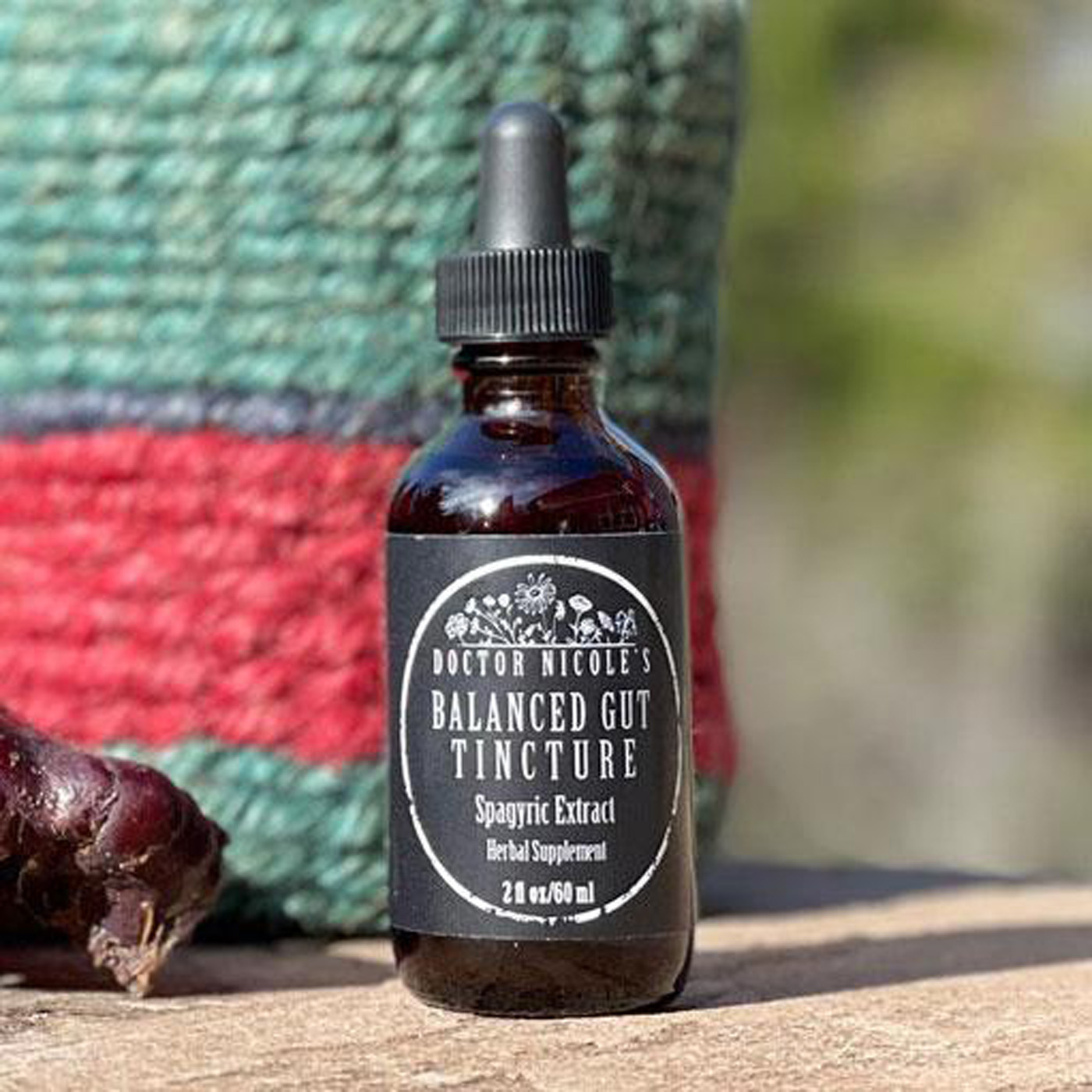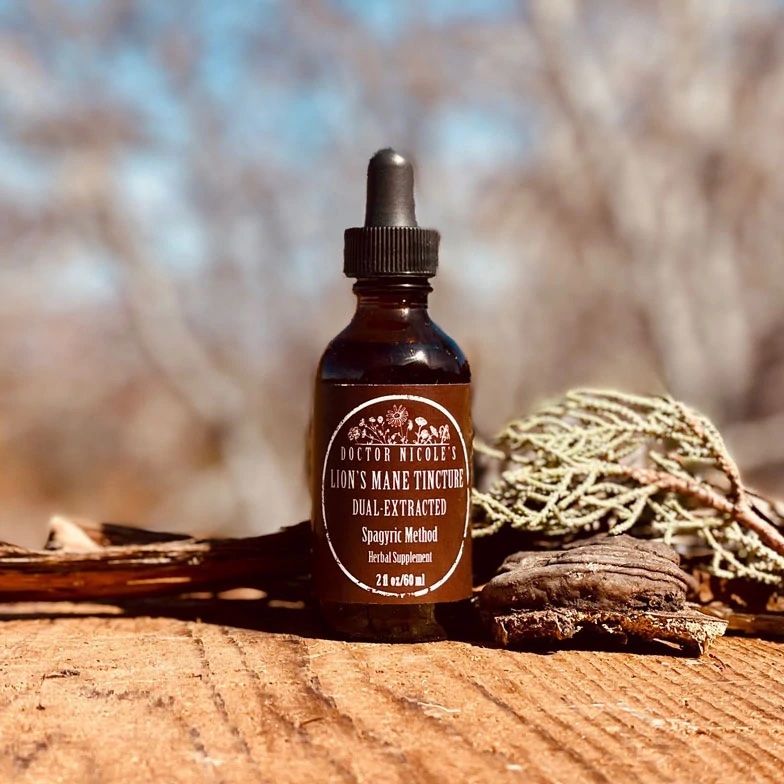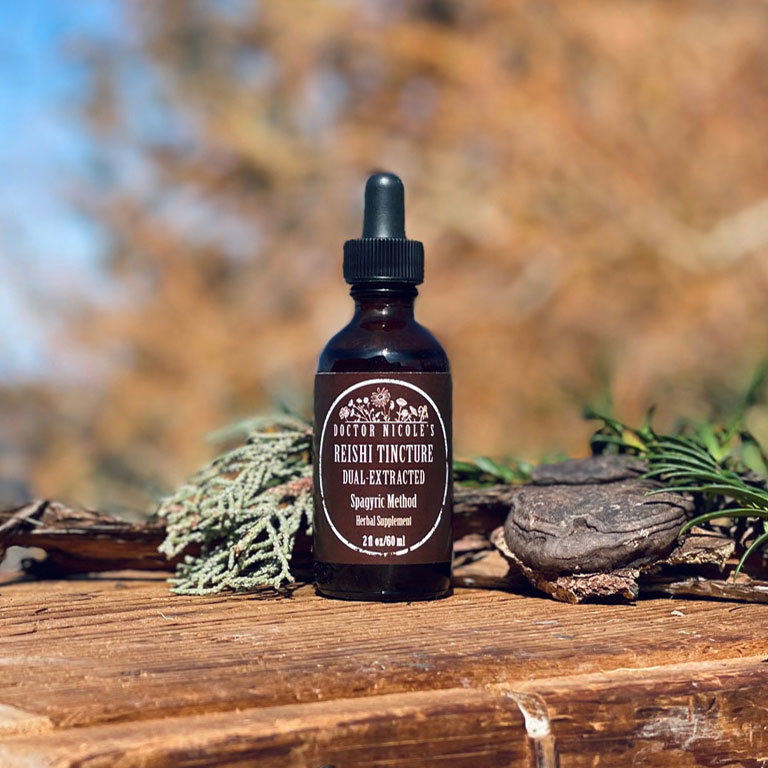Beginning the New Year on the Right Foot
After the indulgence of the holiday season, there is a good chance you would like to get back on track with healthy eating and lifestyle habits to shed any excess weight you may have picked up. In this post, I include my top recommendations to help support you, including: diet, herbal remedies, exercise, vitamins and minerals, and daily habits that can help you to achieve your weight loss goals. Here’s to a happy and healthy new year!
#1 Method for Fat Loss: Your Diet
Contrary to popular belief, what you eat has much more influence over your weight than how much you exercise. While keeping active is an important part of any weight loss protocol, diet is the most significant aspect. How so? It comes down to creating a calorie deficit. If you want to lose weight, you will need to reduce the calories you consume — but this does not necessarily mean less food. Rather, improving the quality of your diet so that it’s nutrient-dense, high in fiber, and naturally lower in calories. In other words, a whole food orientation that’s rich in plants — such as dark leafy greens, fresh vegetables and fruits, whole grains, and nuts/seeds. A green Mediterranean diet is a fantastic example.
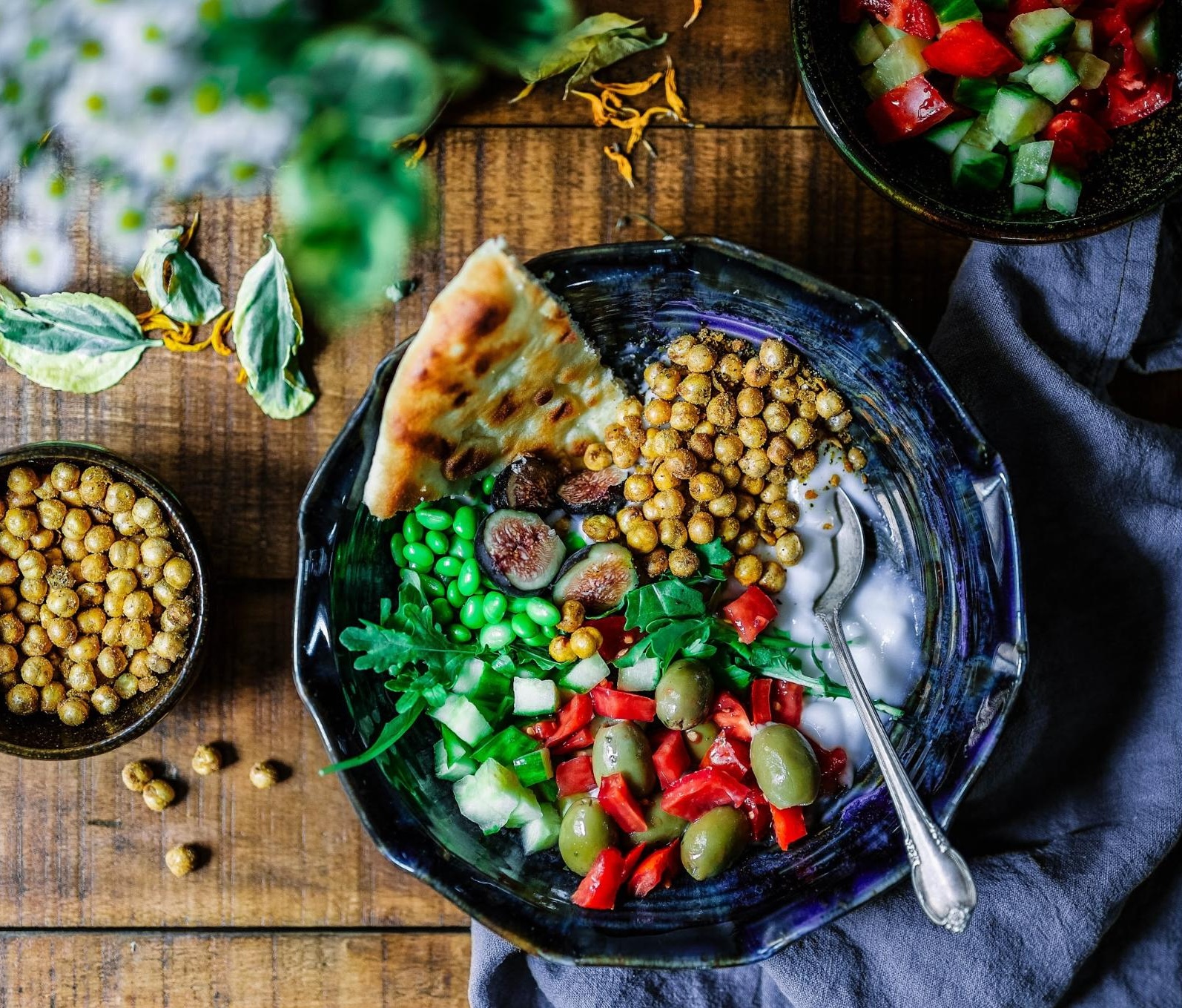
For protein, I recommend oily fish (wild-caught salmon, mackerel, sardines) 3 times/week and chicken or turkey 4 times/week. A small amount of olive, almond, apricot, avocado, coconut, or grapeseed oil is okay to include as well. To improve digestion and encourage weight loss, fermented foods can help when consumed with every meal. Examples include a 1/2 cup kombucha, unsweetened yogurt with live cultures, miso, kimchi, or sauerkraut that’s not heated or canned.
Of course, it is crucial to avoid processed foods. Not only are they calorie-dense from abundant sugar, salt, and fat — while low in fiber and nutrients — these foods also are high-glycemic and designed to be addictive so that you eat more of them. For sustainable weight loss, it’s important to keep blood sugar levels balanced and excess calories in check, which means processed foods — even those of the “healthier” sort — are out.
Intermittent Fasting
For weight loss, I recommend timing your meals so that you eat two meals within an 8- or 6-hour window. The rest of the time, you only consume water, unsweetened tea or coffee, refraining from ingesting anything with calories. Intermittent fasting helps your body to burn more fat after the 12-hour fasting mark. Have a look at this post for more details.
Exercise Best Practices
While diet is the most important aspect of sustainable weight loss, exercise will help you reach your health goals much faster. Two types are particularly effective: strength training and high-intensity interval training (HIIT). Since muscle helps to burn more calories throughout the day and speeds up your metabolism, strength training is an excellent addition to your weight loss protocol. Focus on deadlifts, squats, bench presses, pull-ups, shoulder presses, renegade rows, resistance band seated rows. Aim for 45 minutes per session, three to four times a week.
More effective for weight loss than walking or biking, HIIT has been shown to burn more calories during the hours following exercise and to improve insulin sensitivity. It involves short bursts of high-intensity activity, such as sprinting, burpees, or push-ups for 20 seconds, then resting for 10 seconds. Another advantage of HIIT is that it requires very little time investment — about 10 minutes per session with twenty rounds of intense exercise/rest several times a week.
Safety: HIIT is not recommended for beginners, the elderly, or those with heart issues.
Important Vitamins & Minerals
Chromium polynicotinate — Helps to regulate cholesterol, metabolism, and blood sugar. Insulin resistance can stall your weight loss and is often caused by a lack of chromium in the diet. It’s important to note that most supplements contain chromium picolinate, which isn’t as effective for reducing excess weight. Suggested dose: 200 mcg/day.
Magnesium — Assists with insulin and blood glucose levels. Suggested dose: 350 mg/day.
Vitamin B-12 — Assists with converting fat and protein into energy. Suggested dose: Vitamin B Complex, follow the dosage on the bottle.
Vitamin C — If you aren’t getting enough of this essential vitamin it can slow down weight loss. Suggested dose: 3,000/mg daily.
Vitamin D — Adequate levels are important to keep hormones balanced and decrease body fat. Suggested dose: 3,000 IU vitamin D drops daily
L-Glutamine — Considered a major metabolic fuel, L-glutamine helps to maintain intestinal cells, gut health, and healthy digestion. Suggested dose: 500 mg twice per day on an empty stomach with water. Best taken with vitamins B and C to increase absorption. Also, see my Balanced Gut Blend in the apothecary for additional support.
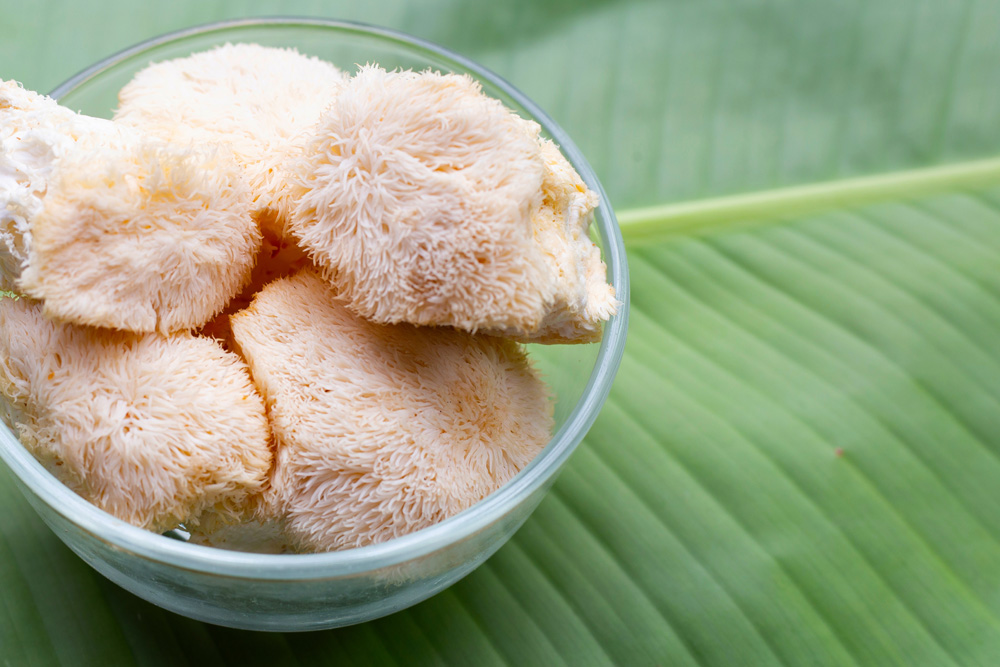
The Power of Herbal Remedies for Shedding Excess Weight
Lion’s mane and reishi medicinal mushrooms help to boost fat metabolism, support the regulation of blood sugar, cool inflammation, address gut dysbiosis, and calm the stress response — all of which are associated with obesity and excess weight. Suggested dose: 2 dropperfuls of dual-extracted reishi and lion’s mane tinctures — like the ones found in my apothecary — twice per day.
Fenugreek is another helpful herb for weight loss as it has been shown to address metabolic syndrome, reduce blood glucose levels, and promote satiety. See the recipe below for dosage.
Herbal Tea for Weight Loss: You will need: 3 Tbsp. fenugreek seeds, 2 Tbsp. chickweed, 2 Tbsp. cleavers, 1 1⁄2 inch cinnamon stick. You may also add fennel seeds. Boil a cinnamon stick in 32oz water for five minutes. Turn the burner down to medium, add the rest of the ingredients and cover. Simmer for three minutes. Turn the burner off and let it steep covered for 15 minutes. Strain into clean glass jars. Take 2 cups daily with your intermittent fasting meal.
Invest in Your Wellness Today
My full weight loss protocol can be found in The Holistic Guide to Wellness: Herbal Protocols for Common Ailments, along with 44 additional easy-to-follow, science-based holistic protocols for a variety of common ailments, such as:
- Arthritis
- Diabetes
- High blood pressure
- Insomnia
- Migraines
- And more!
Each protocol includes specific foods, exercises, stress-relief techniques, vitamins, minerals, herbs, massages, stretches, detoxes, natural remedies, and other holistic practices that can help you heal your body and mind naturally.
Whether you want to improve your current health condition or prevent future illness, this guide will show you how to take charge of your wellness at home with natural medicine. You don’t need expensive drugs or invasive procedures to feel better. You just need the right knowledge and tools.
Order The Holistic Guide to Wellness: Herbal Protocols for Common Ailments today and discover the power of natural healing for yourself. Make the shift to a healthier you — tap here to begin today!
Nicole Apelian



